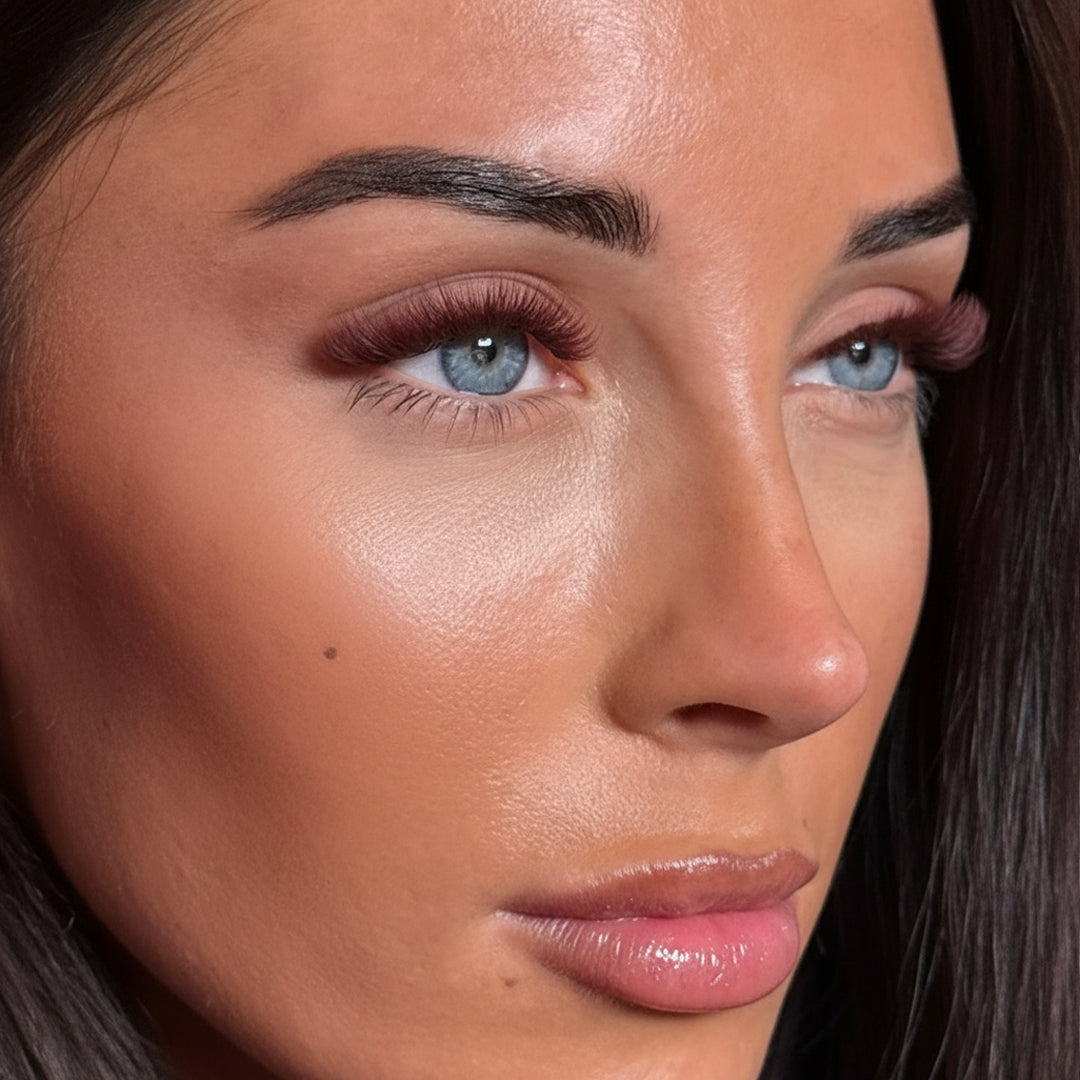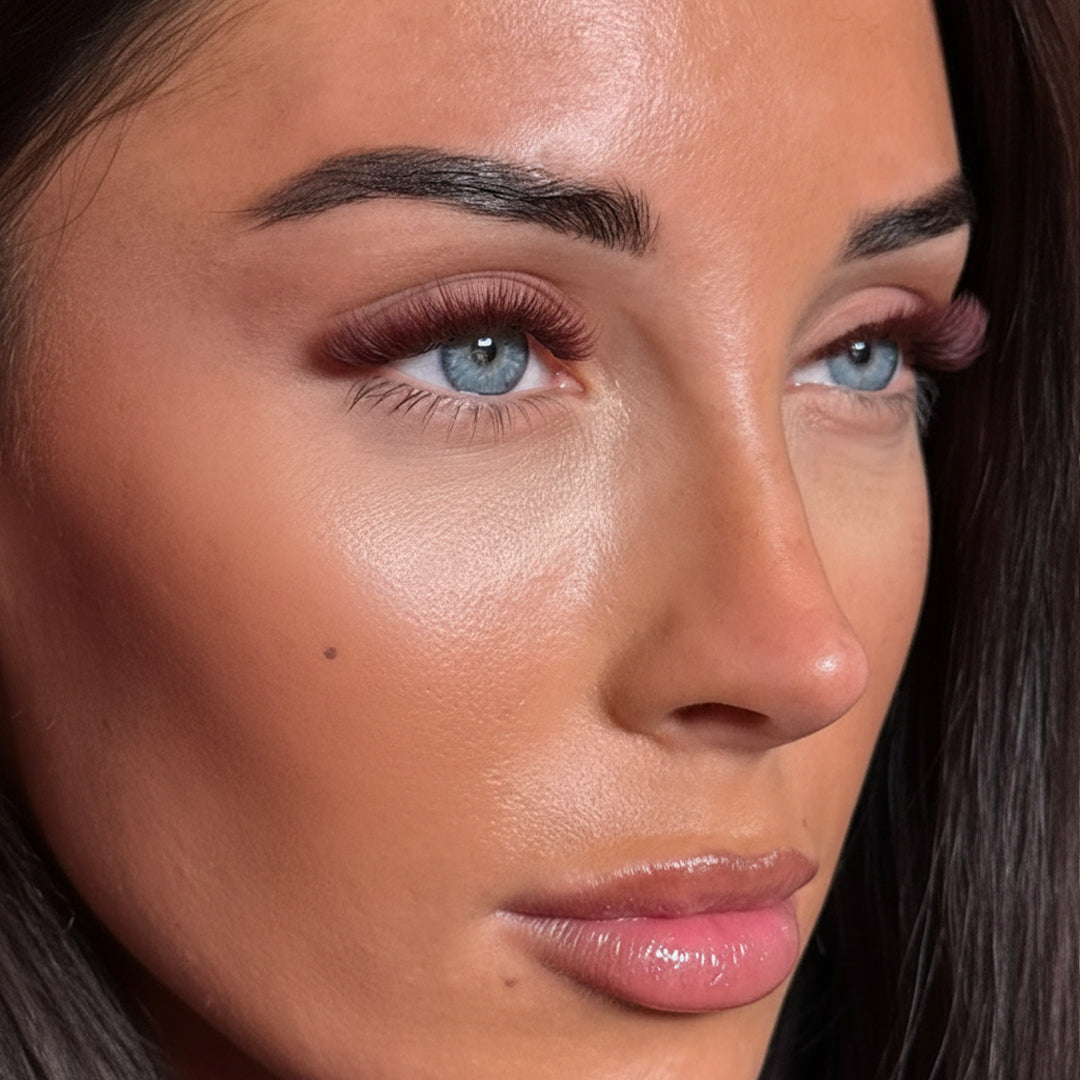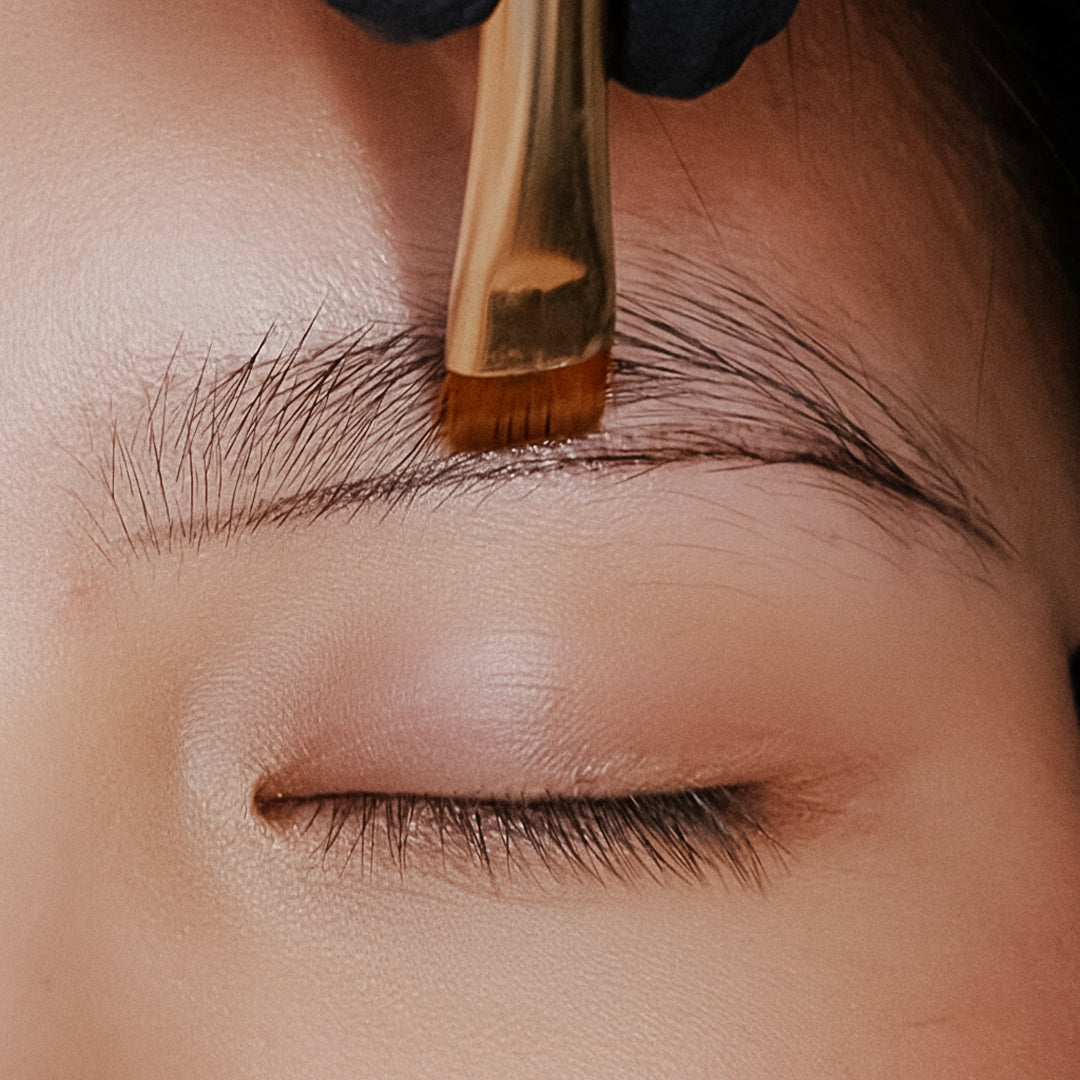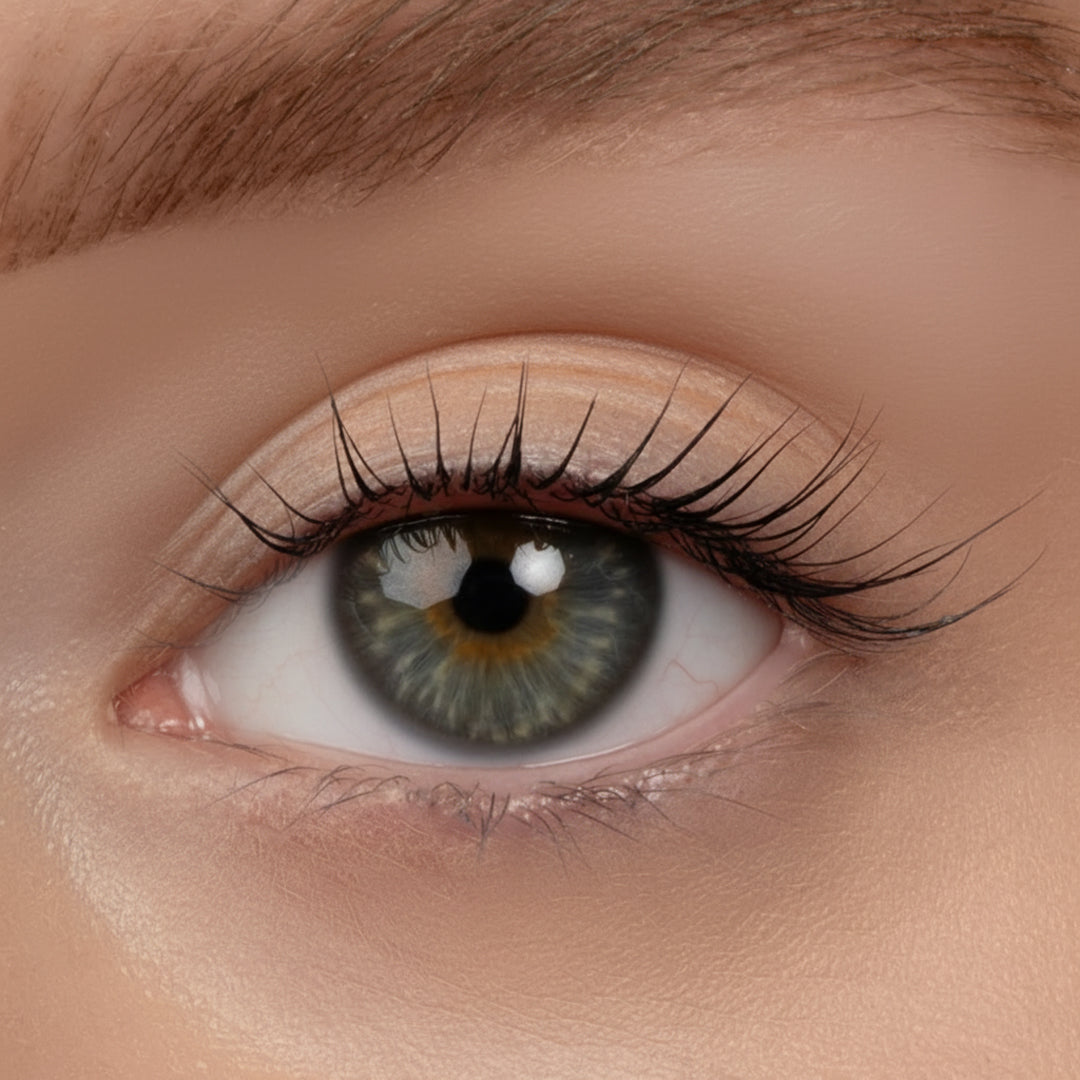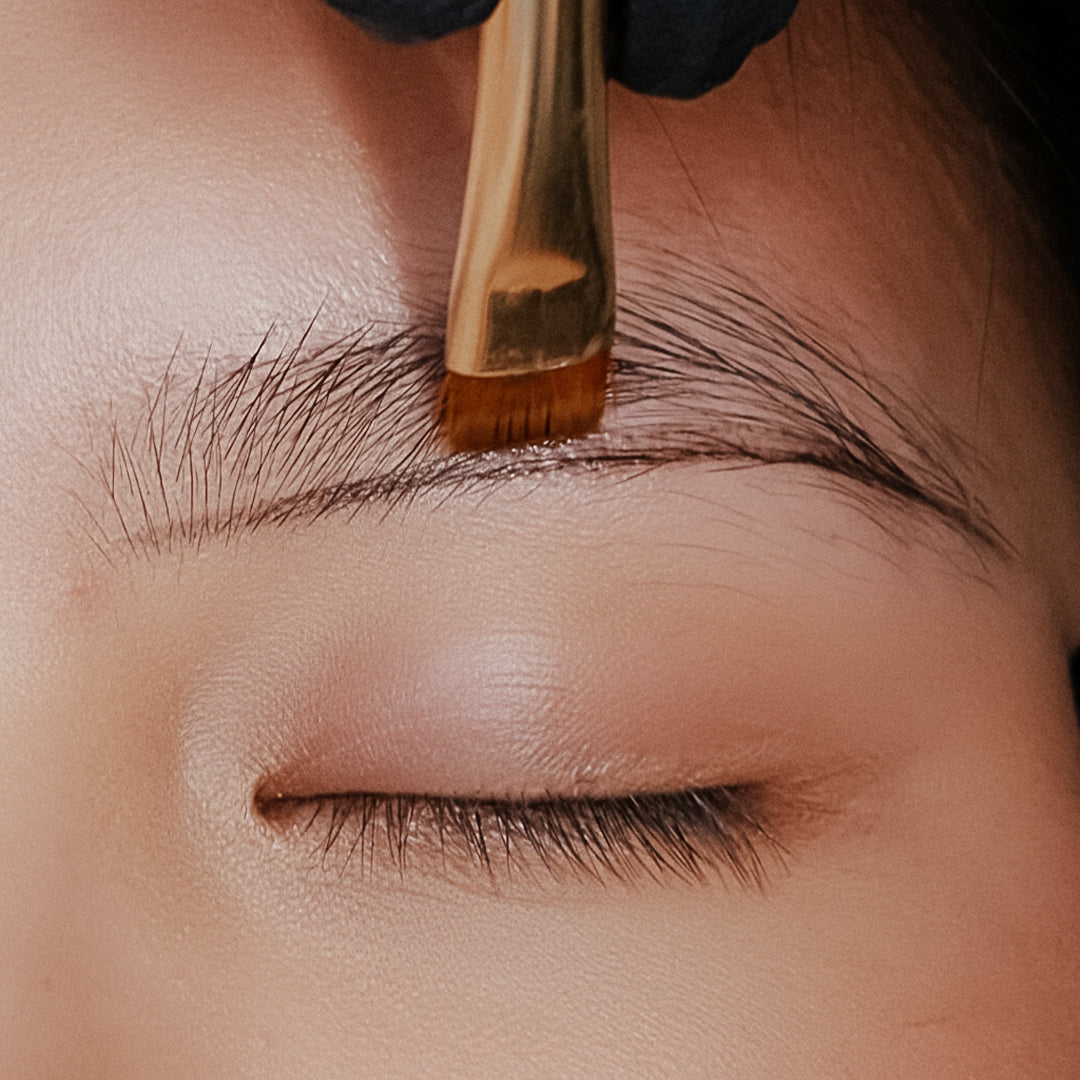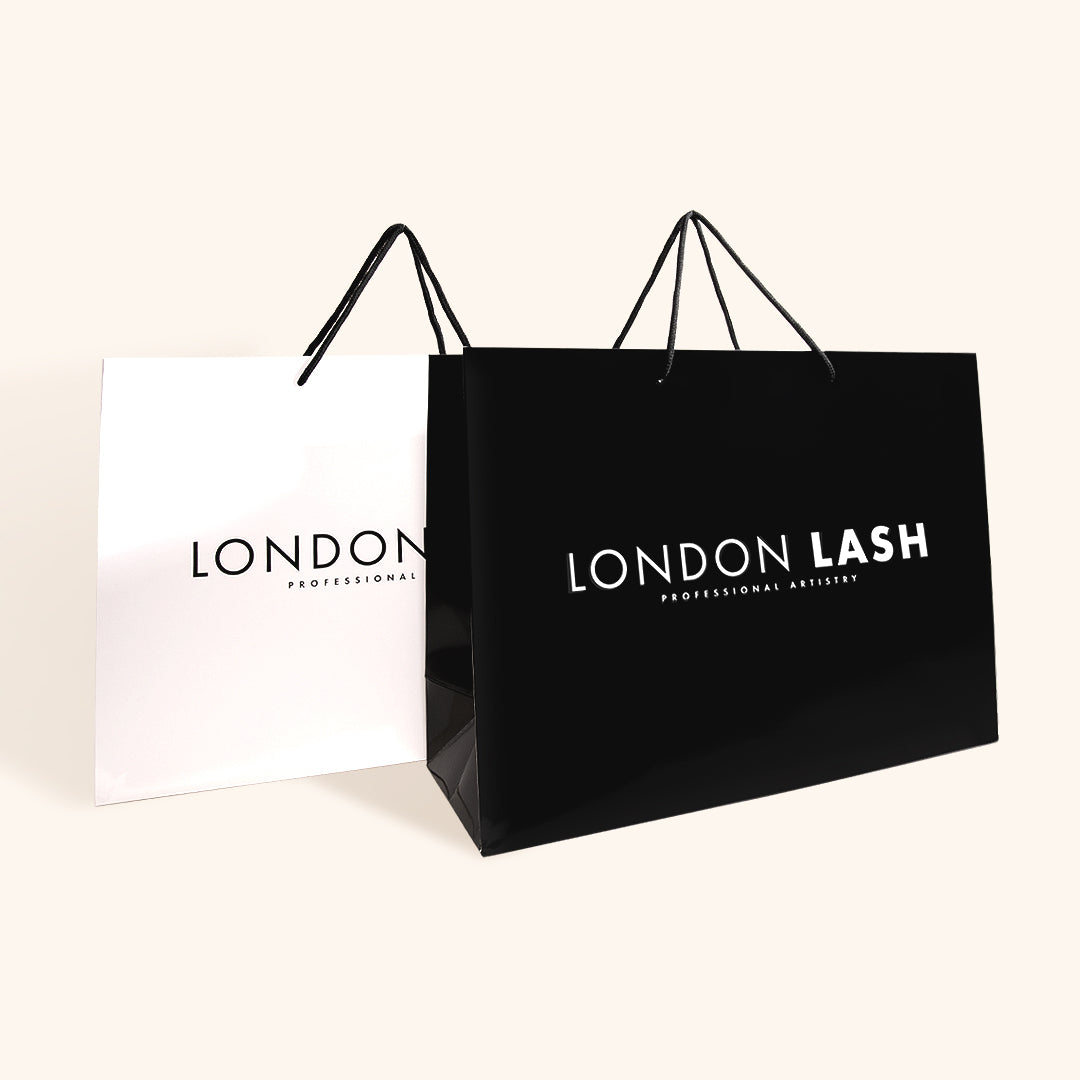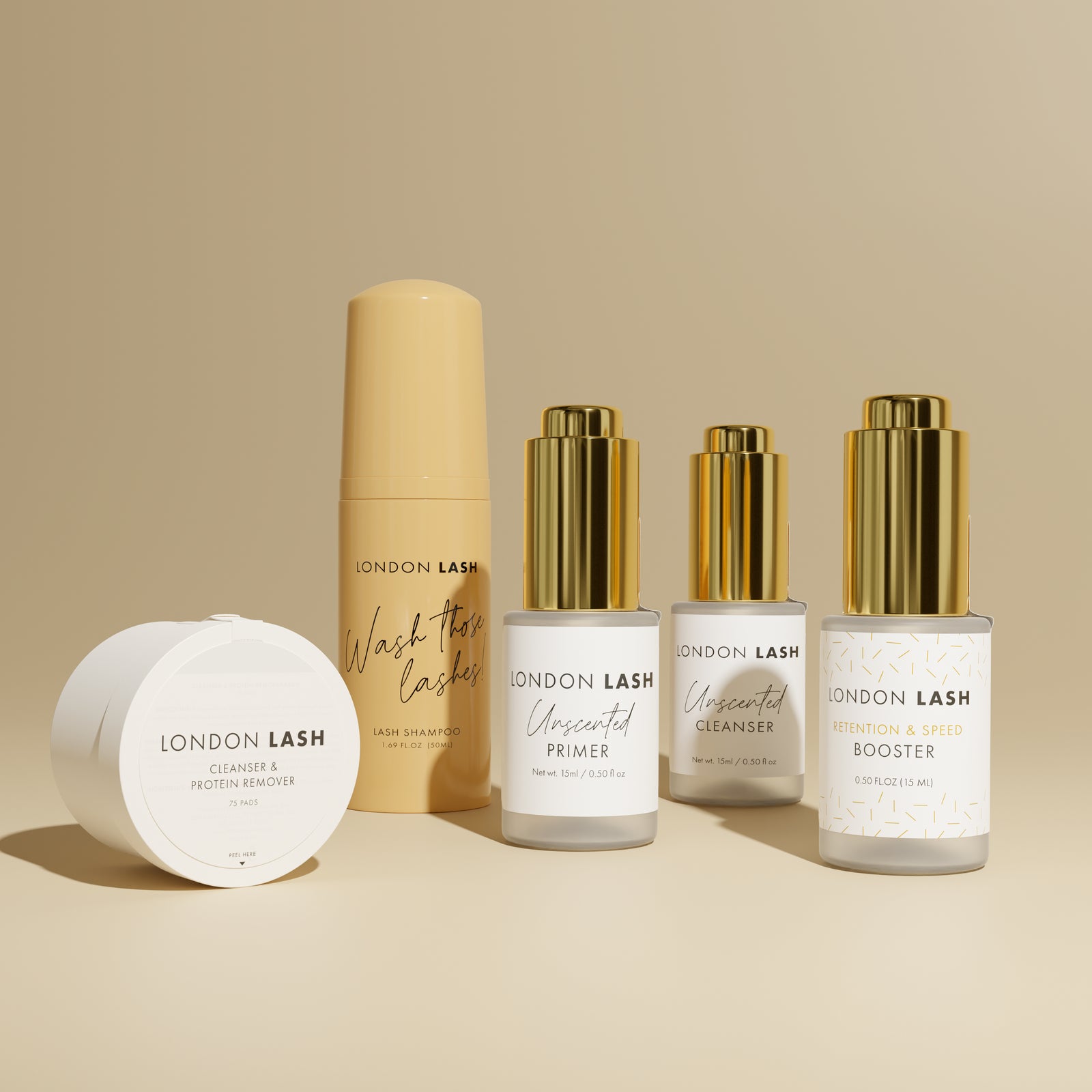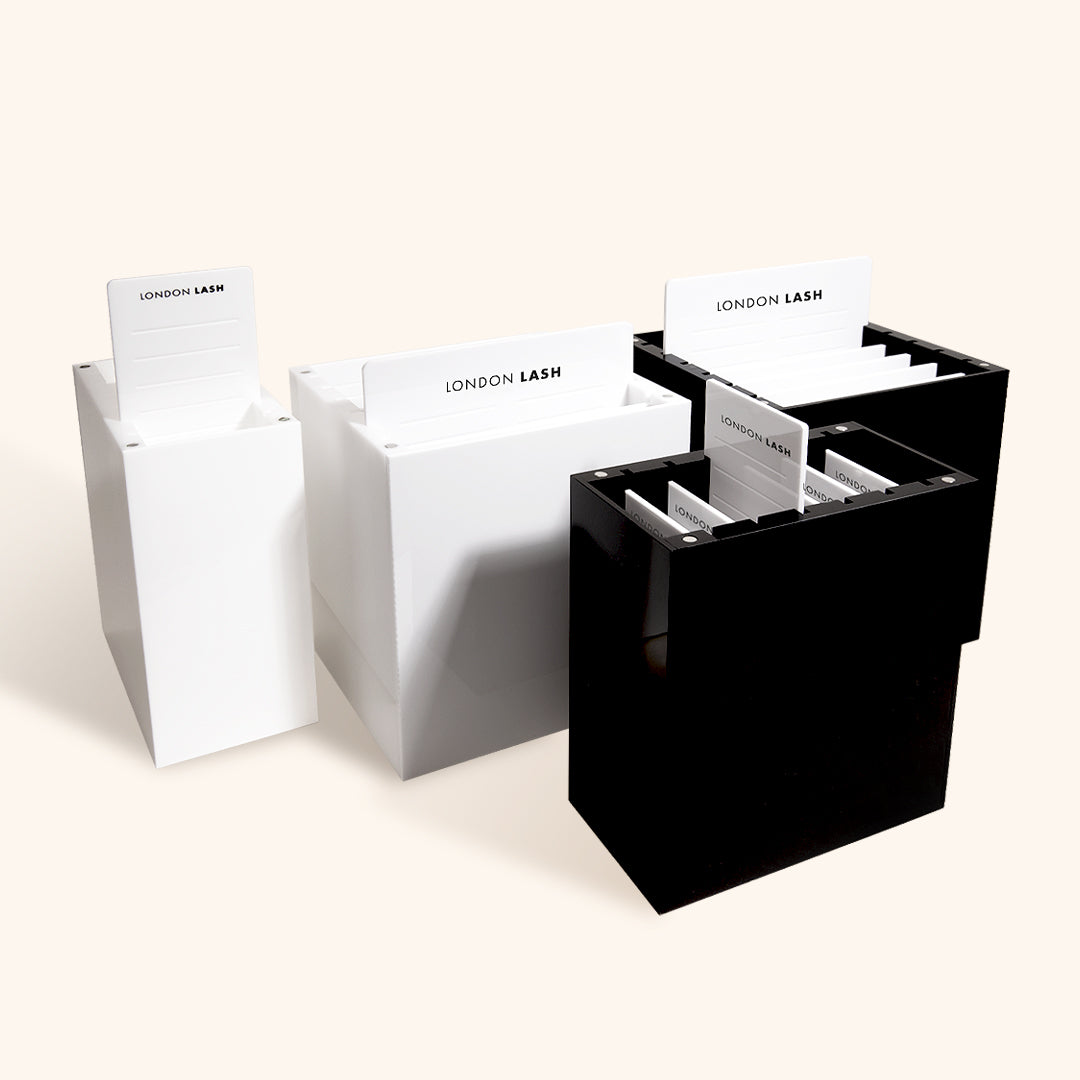Glues & Liquids
Eyelash Extensions
ACCESSORIES
So Henna
EYEBROWS
ONLINE TRAINING
Save up to 70% Off
Dealing With Difficult Lash Extension Clients
March 14, 2024 4 min read

How To Approach Difficult Clients & What To Do!
As a Lash Artist you’re not only working in providing clients with a beauty treatment, but you’re working a customer service job at the same time. It’s important to remember that your reputation as a Lash Tech directly relates to your skills not only for the lash extension sets you create, but also for the way you treat your clients. In some rare instances, a client may be difficult or rude (or both), so we’re here to discuss how you should keep composed and deal with these difficult situations so that you can rest assured in knowing that you’ve done your best, and have provided excellent service throughout.
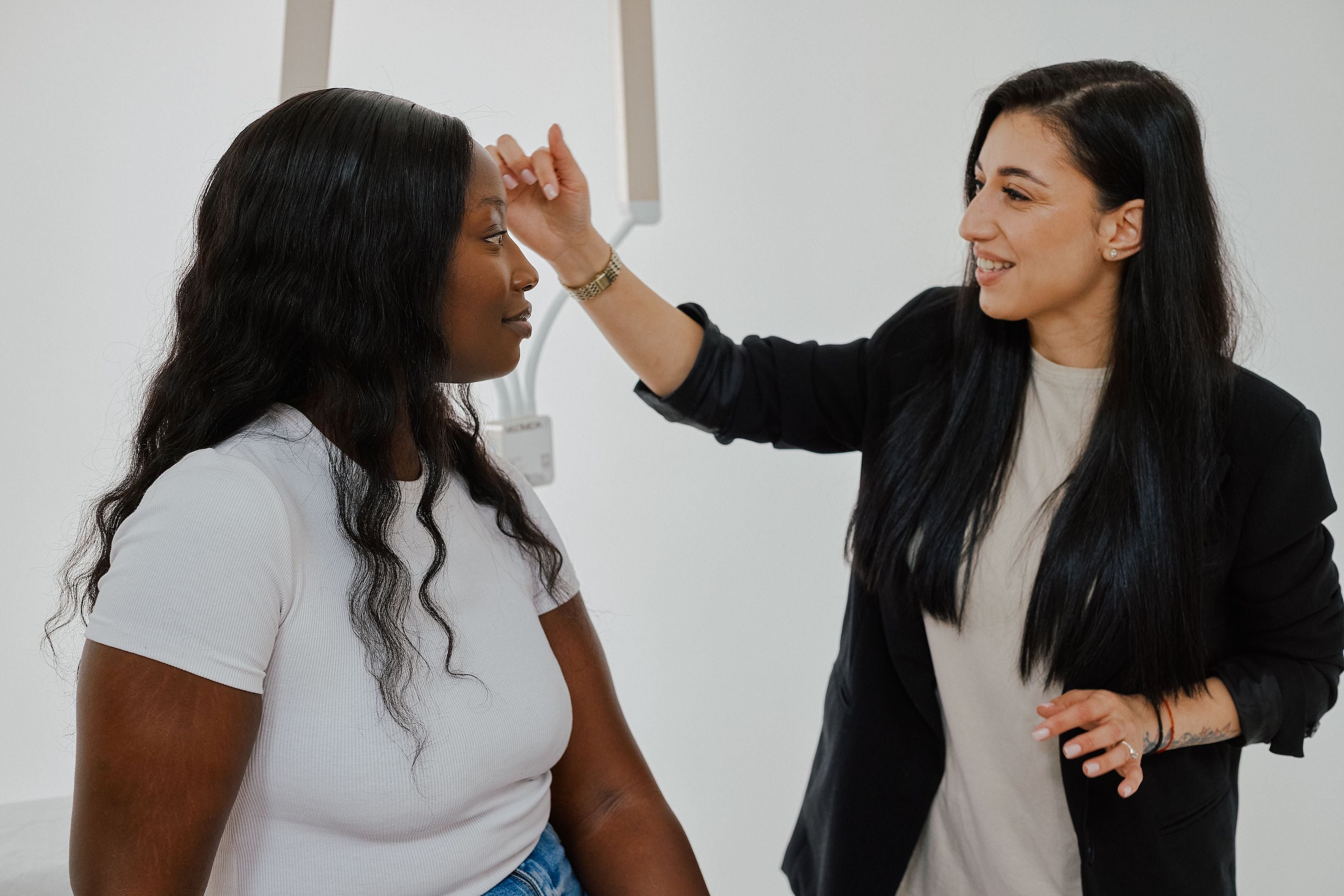
Consultations
A client may exhibit difficult behaviour from the very beginning during the consultation process. This may range from not taking your advice on board and insisting on their desired outcome, even after you’ve explained what may work best for them, to cutting you off and over-explaining how you should do your job and what treatments they’ve received before from other Lash Techs. The difficulty of these clients can range vastly but it’s important to recognise those early signs and keep composed.
In these situations, just let the client speak. A consultation after all is all about creating a professional relationship with the client. If by the end of the discussion you still believe a particular lash style may not suit your client, stand your ground and insist your knowledge and experience is there to make sure your client gets the best lash extensions possible but also a great experience too. Offer alternatives which are similar to their initial idea as this will allow the client to understand that you’ve heard them and you’ve taken on board what they want, but perhaps the initial desired look is simply not achievable for them.
Ultimately, you know that a lot of your job and client retention comes down to making your clients happy, so if they really won’t budge on what they want just give it to them. Over time, as you build trust and rapport you can think about suggesting alternative styles for them again, but it’s well worth giving in to them in the first instance, assuming that what they want is just a style that won’t suit them, and not something that will be unsafe.
During the Treatment
Assuming that the client agrees to proceed with your suggestions after the consultation, they may continue exhibiting some resistance. If they’re a new client and consistently tell you how their previous experiences have gone and how they want their current treatment to go, continue to keep composed and reassure them that you have vast knowledge and professional products which will provide them with exceptional results in the end.
Make sure to give your client the full 5-Step Pretreatment routine which will clean and prep their lashes fully, but also being a beautifying and therapeutic treatment it should relax them and create a great atmosphere. For more quality assurance, don’t be afraid to show your client your workstation with quality Lash Extensions on a Palette, and talk them through each step as you’re doing it in the hope that they can rest assured you’re listening to them but also acknowledging that you’re using great products with which you’re experienced with.
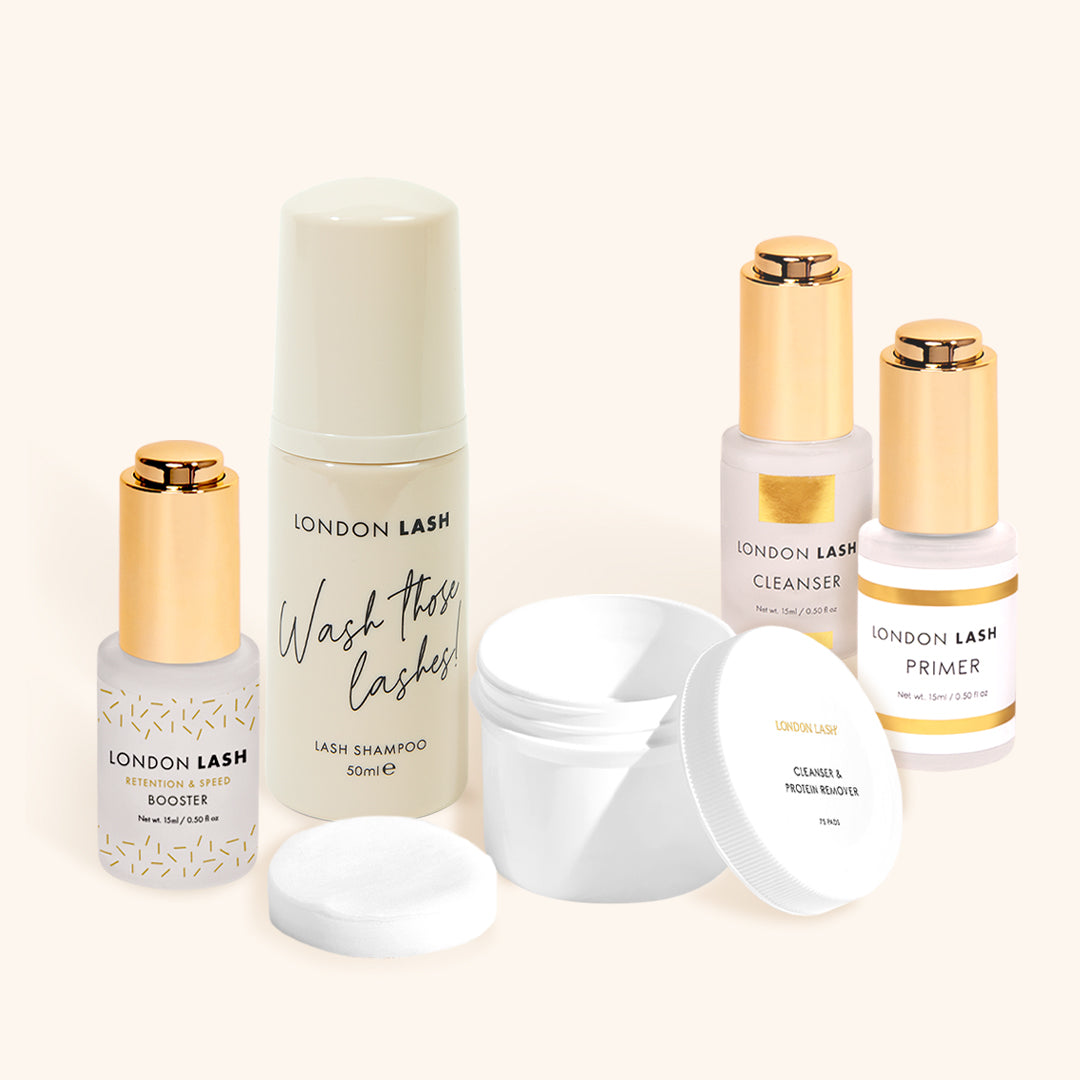
Final Results
If by the end of the treatment your client is not pleased with the final results, we hope you acknowledge the fact that you’ve done everything by the book and kept composed and professional throughout. We have a dedicated blog on ‘What To Do If a Client Dislikes Your Lash Extensions’ which you can read through next. But in short, don’t let this discourage you or make you lose your composure, some clients are simply difficult to work with. Ask about their disappointments or any discomfort and attempt to fix the issues that they raise.
Ultimately, if the client continues to disagree and disregard your treatment, offer to remove the eyelash extensions and end the treatment. Sometimes some clients are simply not meant to be regulars and that’s okay. Your cool composure shows exceptional professionalism and knowledge of customer service.
Rude & Disrespectful Clients
In the world of customer service and beauty treatments you may come across the odd rude and unforgiving client. These cases are rare, but they do happen. If a client exhibits rude and disrespectful behaviour at any stage of their interactions with you, be it pre-booking, during the consultation or after completion of the treatment, you are within your rights to refuse treatment.
After all, being spoken down to or disrespected in your place of work is not okay, especially if you work in a beauty salon with other clients and Lash Artists around. Not only will you show professionalism by keeping composed but it’s always best to stand your ground and trust in your skills and knowledge, so refusing one client will do more for your self-confidence and for the rest of your client base than if you allow them to disrespect you. Never rise to the client’s level – allow them to finish and thank them for their time, but suggest that this client / Lash Tech relationship will not work out and it would be a better idea to seek their desired services elsewhere. We have a blog discussing ‘When to Refuse Client Services’ which will guide you through different scenarios and you can get tips on how to approach the situation.
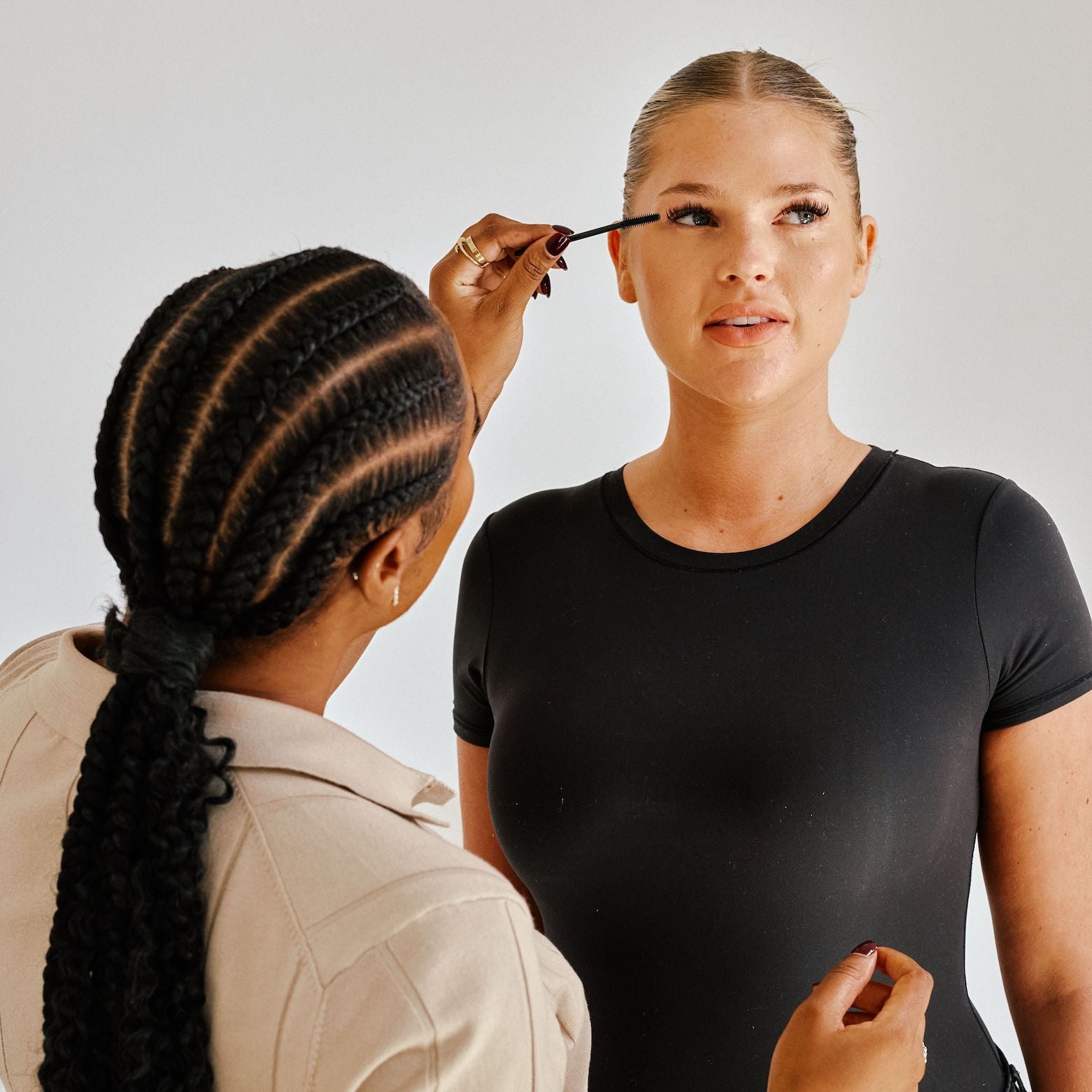
It’s important to remember that with your knowledge and experience you are providing a service which doesn’t just begin and end with applying eyelash extensions. You’re providing client care, consultations and treatments all at the same time. Keeping calm and composed in difficult situations can be hard and daunting, but in the end it will be what makes you stand out and show other clients you are professional and confident in your work. Refusing clients may not be something you would want to do, but never be afraid to stand your ground for the benefits of your business and mental health in the long run.
Check out these featured products
Subscribe
Sign up to get the latest on sales, new releases and more …



